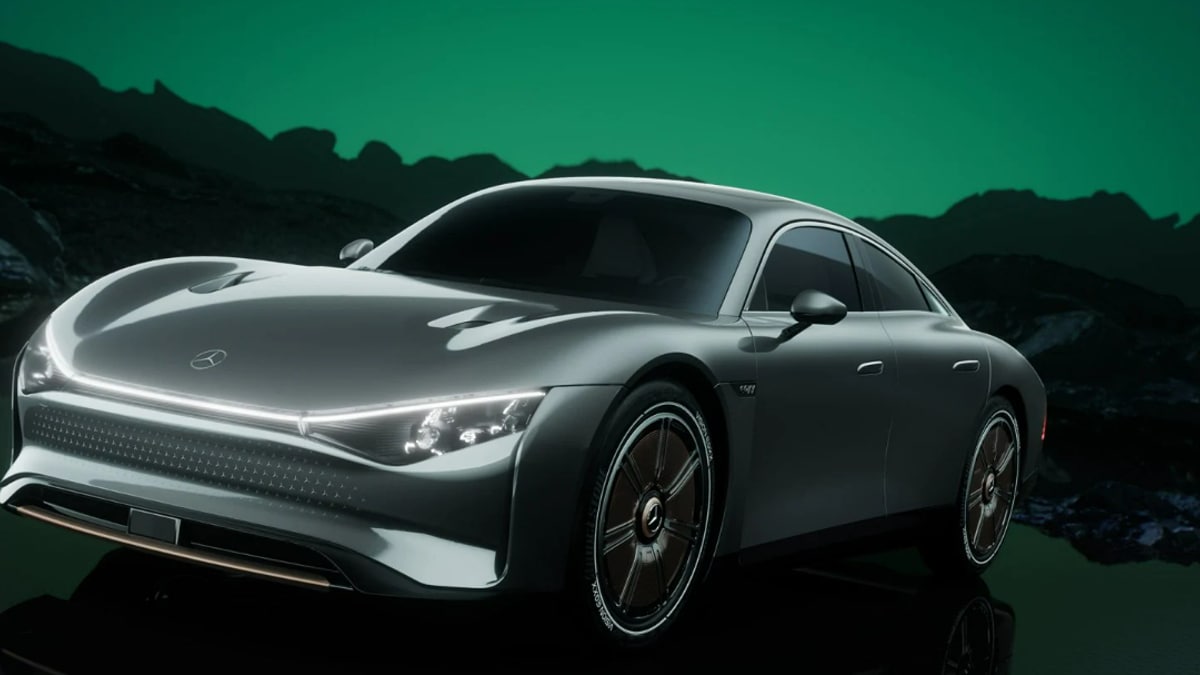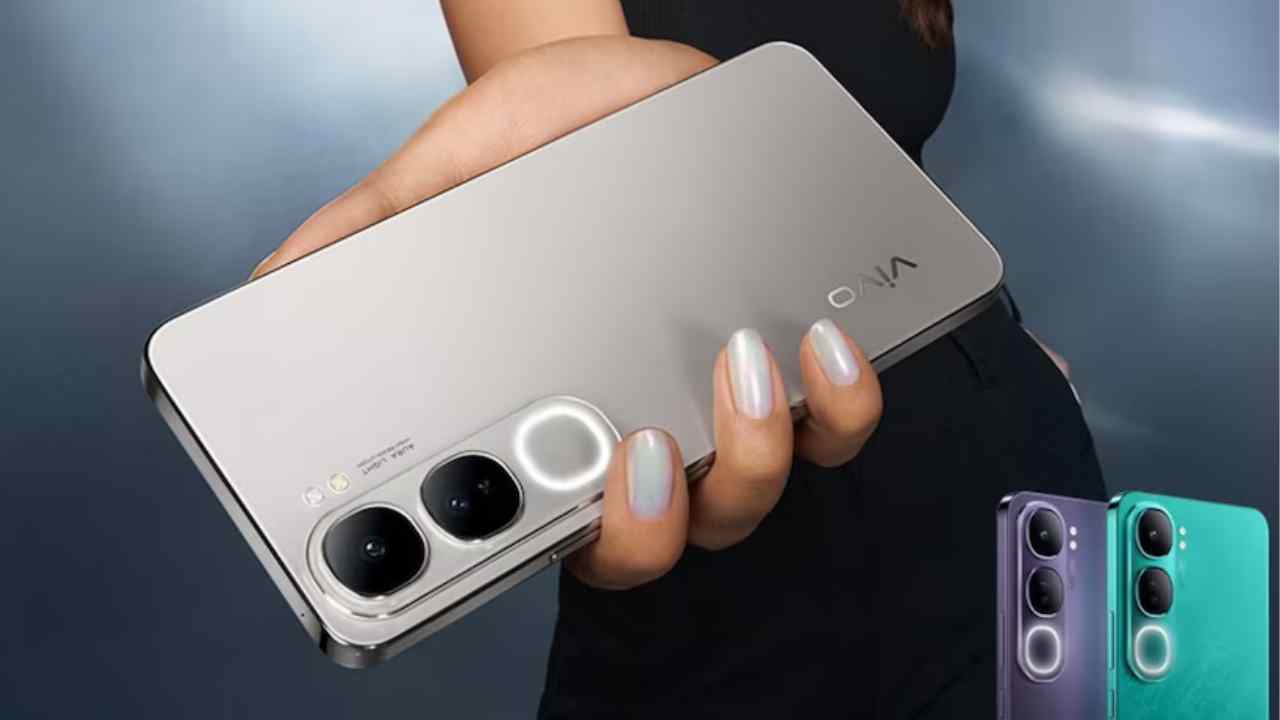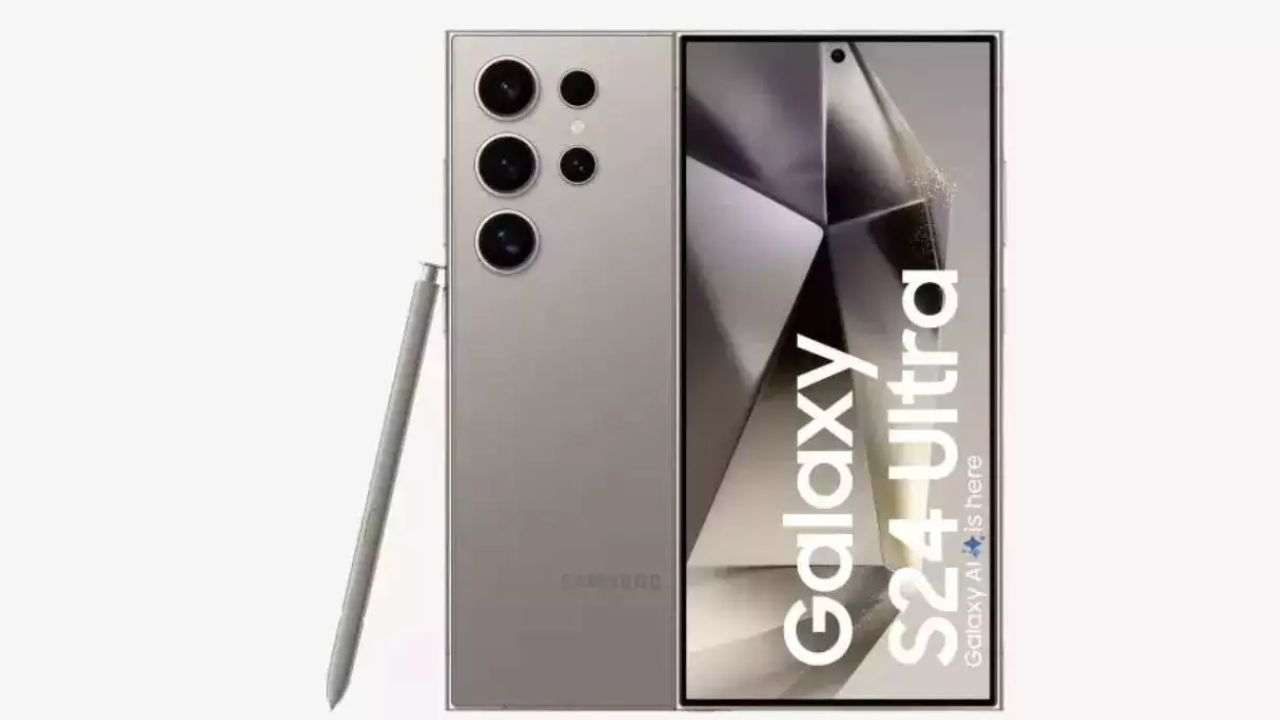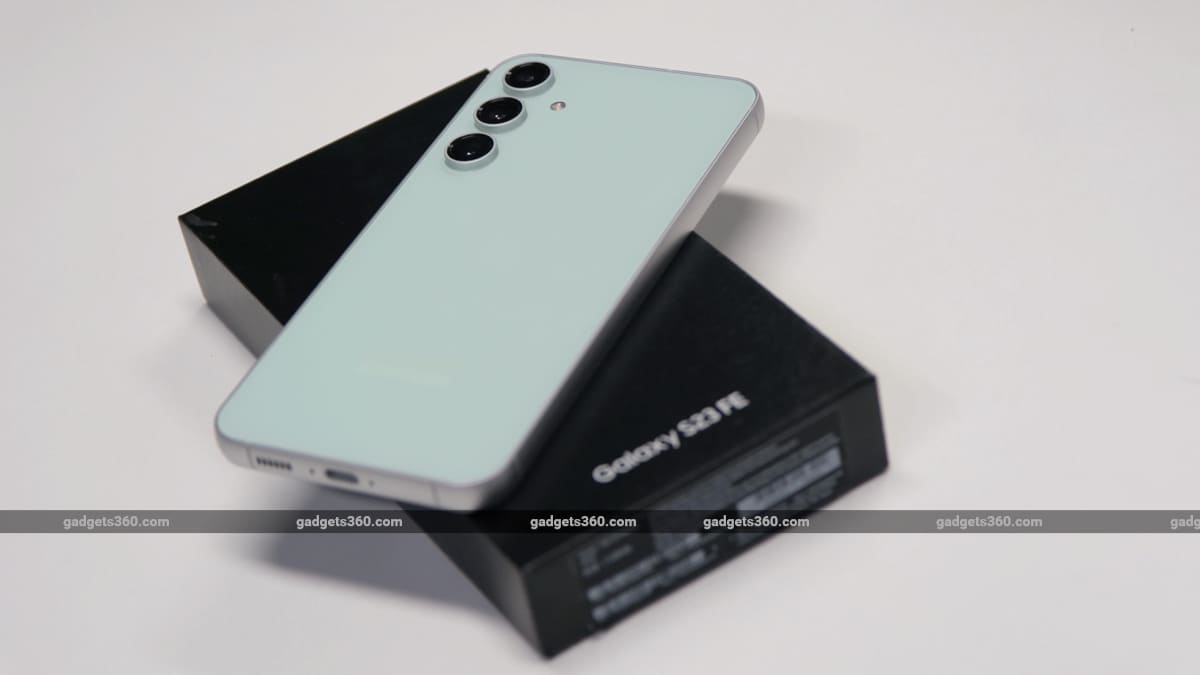Mercedes-Benz Sees Rising Demand for Electric Vehicles in Germany
Luxury car manufacturer Mercedes-Benz is witnessing a significant shift in customer preferences within the German market. An increasing number of buyers are opting for electric vehicles (EVs) as their first luxury car, reflecting a growing trend toward sustainable mobility. In the first half of the current year, the company reported sales of approximately 9,300 vehicles, with electric models making up around five percent of this figure, a substantial increase from the 2.5 percent recorded in the previous year.
Growth in Electric Vehicle Sales
The managing director of Mercedes-Benz emphasized to Reuters that the demographic of young customers stepping into the luxury car market with EVs is on the rise. The launch of models like the EQS 580 SUV, priced at about $168,200, has contributed to this growth, with 15 percent of EV purchasers being first-time luxury car buyers this year, up from just five percent last year. The company’s expansion into electric SUVs has been pivotal for enhancing sales figures.
Expanding Electric Vehicle Market in Germany
Germany’s EV market is evolving rapidly, with total car sales reaching around 4.2 million units last year and electric vehicles representing roughly two percent of the sales. The central government has set an ambitious target to increase the share of EVs to 30 percent by 2030. Currently, Mercedes-Benz offers an extensive portfolio consisting of 18 combustion engine models and six electric models, having commenced EV assembly in Germany about two years ago. Notably, a staggering 100 percent tax is applied on the importation of fully built vehicles, making local manufacturing a strategic advantage.
Mercedes-Benz’s Competitors and Market Position
In the luxury car market, Mercedes-Benz leads the pack, achieving a nine percent increase in sales to 9,262 units in the first half of the year. Its closest competitor, BMW, sold 7,089 units in the same timeframe. A significant portion of Mercedes’ sales can be attributed to its SUV lineup, including popular models like the GLA, GLC, GLE, and GLS. Furthermore, the brand’s luxury sedan models, such as the A-Class, C-Class, E-Class, and S-Class, continue to capture consumer interest. Notably, Mercedes-Benz is also at the forefront of the EV luxury segment, positioning itself as a leader in a rapidly growing market.
Conclusion
The increasing demand for electric luxury vehicles marks a pivotal shift in consumer behavior towards sustainable options. With its innovative electric models and commitment to local assembly, Mercedes-Benz is not only meeting the demands of the market but is also paving the way for a more environmentally friendly future in the luxury automobile sector.
Sales Data Overview
| Vehicle Segment | Sales (Units) | Percentage of Total Sales |
|---|---|---|
| Electric Vehicles | 460 | 5% |
| Luxury Cars (Total) | 9,300 | 100% |
| First-Time EV Buyers | 15% | Of Total EV Sales |











